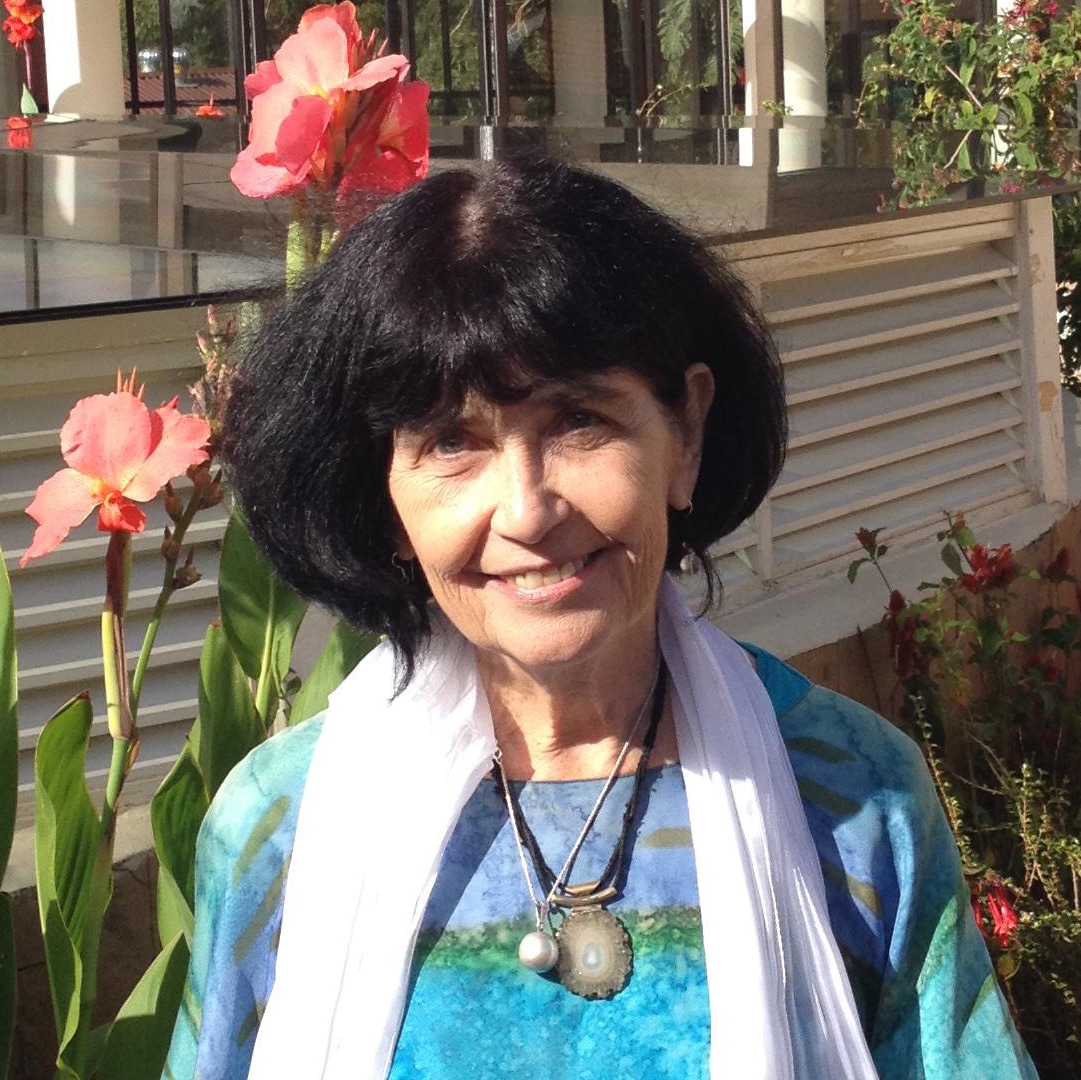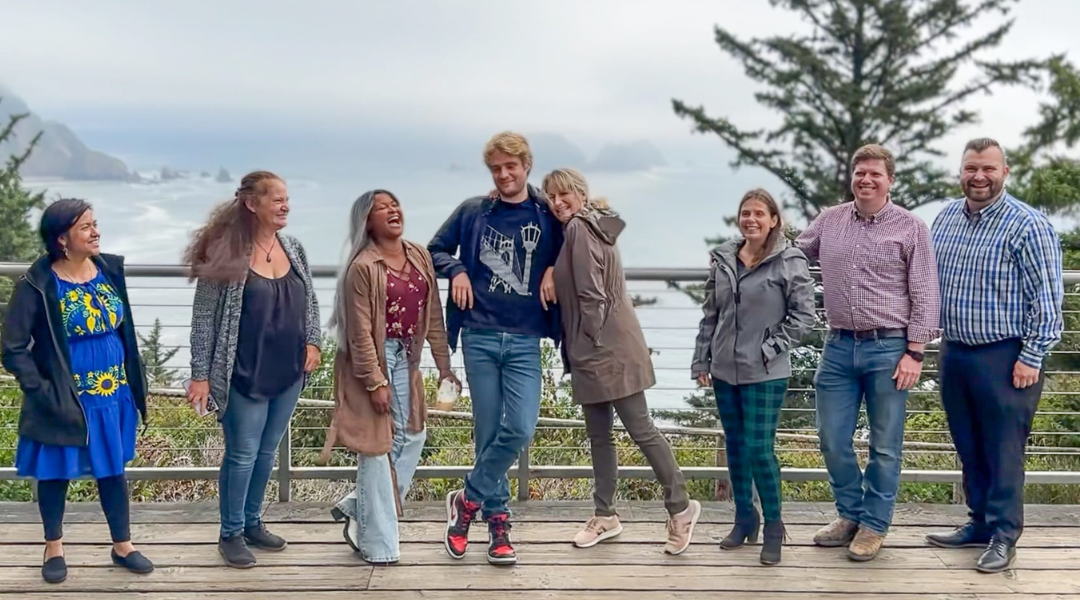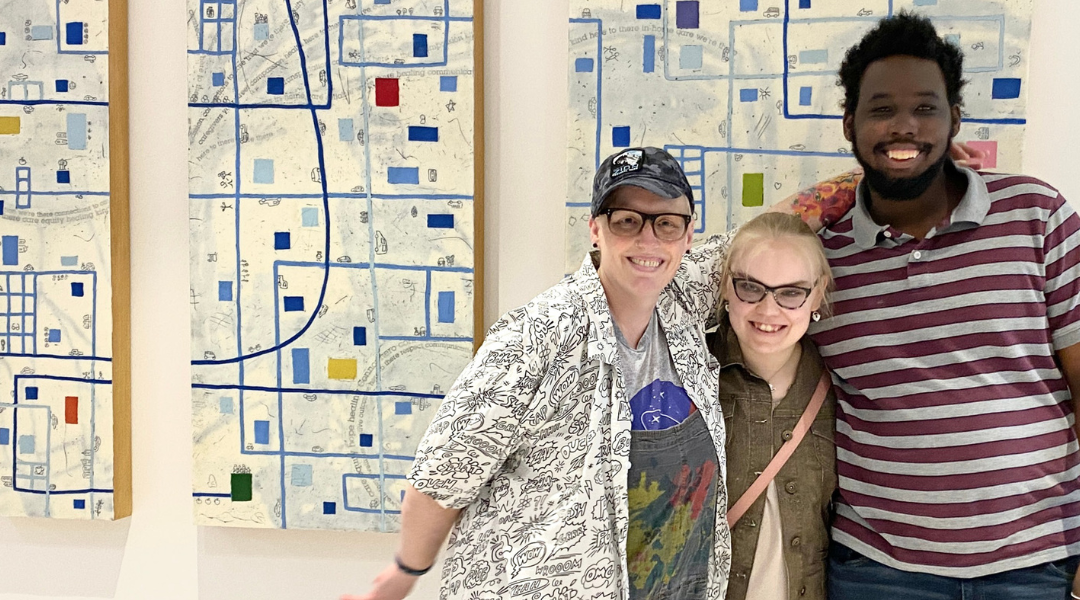Villages Innovate, Inc.
Purpose Prize Fellow 2015
Long-time teacher links rural, village students to youth at international schools in Africa, creating partnerships to share learning and innovation.
Nearly 25 years ago, teaching school in Southern California, my principal said she was going to Zimbabwe to start a school – and that I should join her. Two years later, when my sons were 12 and 16, she called to invite me to teach in the new middle school. I asked my kids, “What do you think?” They took about a minute and said, “Let’ s go!”
By 1994, I was teaching at the Harare International School in Zimbabwe when a music teacher invited students from a rural village to sing with us at a U.N. Day celebration. The rural school’ s students are far less privileged than the more-advantaged International School students, and I didn’t know what would happen when they met. The electricity kept failing, but the children’s voices filled the space – and our souls – with songs of hope. Soon after, village families “adopted” our students for one week. International school children stayed in their homes and learned the Shona way of life. In the afternoons, we worked on projects to benefit the village school. In that partnership, my encore was born, and I became committed to building relationships across culturally and economically isolated communities.
The experience gave rise to the “twin school” program between the villagers’ community school (the Kadyamadare Primary School in Juru) and our International School. Over 18 years, we helped bring electricity and clean water to the village school. We refurbished computers, developed local training and ran a feeding program during some difficult times. Stakeholders changed, but the program persisted. This model is one we hope will serve generations of students and their families.
- More than 700 International School students have participated in village exchange programs, living with Shona families.
- Village students who have participated in the “twin school” initiative pass the secondary school entrance exam, and enroll in secondary school, more often than village children who have not participated.
- International school alumni currently in university – in different countries, on different continents – continue to maintain and share connections with rural communities.
I left Zimbabwe in 2012 for Kenya, where I began a technological partnership project, Villages Innovate, with a Nairobi International School and a home for less-privileged children. We focus on collaborative coding, a skill that can grow into an entrepreneurial app-making venture. It is very exciting to watch these students grow.
One child told me, “I like cows and they help my people, but what I am learning now might help me enough to live without worrying only about my cows.” We are currently forming teams of girls to enter the Technovation Challenge for young women. And teams of students are working with MIT’s free Appmaker on an app that will permit International School alumni to maintain contact with their former African communities. We want to be the catalyst that makes these digital connections happen.
Our models are built to be adapted by other schools and communities. To share our work, youth in our programs have attended summits in Uganda, Zambia, Mozambique, South Africa and Kenya, leading service-learning workshops and offering keynote addresses.
By the time I reach age 70, I hope that these models reach far beyond our small communities, and that the ideals of sustainable partnership and collaboration will take root in villages and towns across Africa, to lead the continent that has been my home for nearly a quarter-century, forward.




